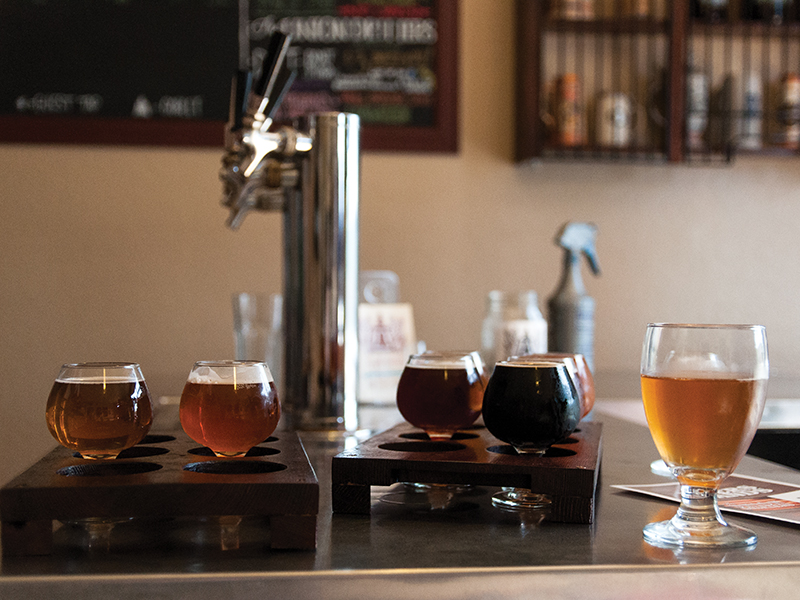
If people want to drink badly enough, they’ll find a way to drink. That is the simple truth about how alcohol consumption works. It should be no surprise then that since it’s easy enough to get a drink — over a third of underage people in the United States have drunk at least some alcohol — it would eventually become easier to consume it as well.
This is where Lipsmark has come to save the day with its new product Palcohol.
Palcohol is vaporized alcohol that comes in a variety of flavors, including vodka, rum, lemon drop and more, originally developed so its creator could enjoy beverages in a way that did not weigh down his physically active lifestyle. Product labels were recently approved for Palcohol by the Alcohol and Tobacco Tax and Trade Bureau, but were rescinded 13 days later, as this approval was found to be made in error. Regardless, the company claims it is only a matter of time before product labels are approved, and the company expects Palcohol to hit the market this fall.
The truth is, California is already prepared for Palcohol to hit store shelves, even if it never does. Laws have been around for 40 years concerning powdered alcohol, qualifying its sale as subject to the same rules and regulations as those that affect the sale of liquid spirits. Considering this, vaporized booze would be just as hard or easy to buy as alcohol already is in California. Additionally, there are claims made on the company’s website that the approval of this product could lead to innovations in medical sterilization practices and reduced airfare since vaporized alcohol carries less weight.
So why hasn’t Palcohol already hit store shelves and what would be the drawbacks to it doing so? The answers to these questions lay in product consumption, not its production and sale.
One of the first things that brought Lipsmark under fire was its attempt at “edginess,” saying on its website that, “Yes, you can snort it. And you’ll get drunk almost instantly because the alcohol will be absorbed so quickly in your nose. Good idea? No. It will mess you up.” A joke in bad taste, this reveals one danger vaporized alcohol presents: the lengths to which people go to get drunk or high. There may be only a minority of people foolish enough to snort something cited to cause nasal damage, but it will happen nevertheless. However, this is the case with any mind-altering substance available, so it would be an effort in futility to think that people’s actions when trying to have fun will ever be entirely controllable.
The other — and far more pertinent — issue is the ease with which it can be concealed. While the company’s website states that bags of the product would be 4-by-6 inches, the powder could be placed into a smaller bag and smuggled into airports, restaurants, concerts or sporting events. Since people could easily smuggle this product, sports stadiums in and out of colleges could potentially lose hundreds of thousands of dollars, if not more, as a side effect of people not wanting to pay stadium pricing for beer and other spirits.
This also creates whole new potentials for public drunkenness when food is seasoned with Palcohol. Advertised on its website, the potential for flavoring food is complicated by people hiding the product and overusing it to season food and drinks they purchase at events with otherwise controlled alcohol consumption. Seemingly ridiculous, it’s not impossible to imagine next year’s UCR concert series marked with attendees being escorted out while insisting in slurs that “I can tell you when I’ve had too many cheeseburgers!”
Though Palcohol doesn’t present any new challenges for drug enforcement on the production and sale side, the regulation of its use might prove problematic. However, the overall issues that arise with Palcohol aren’t enough to deny making it available for purchase.








